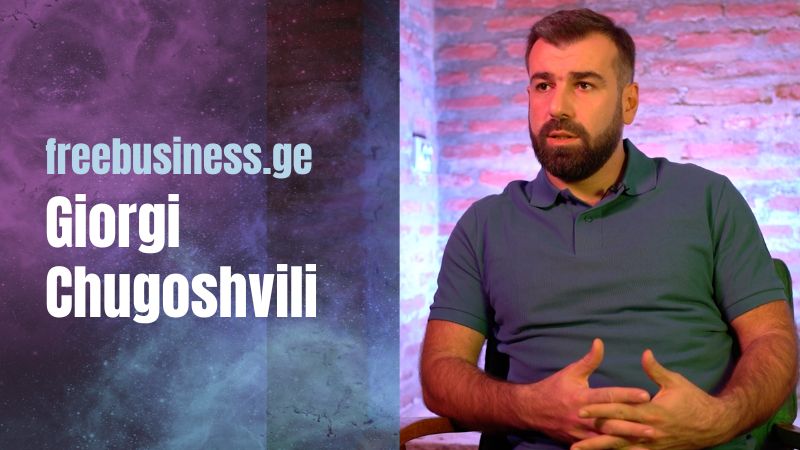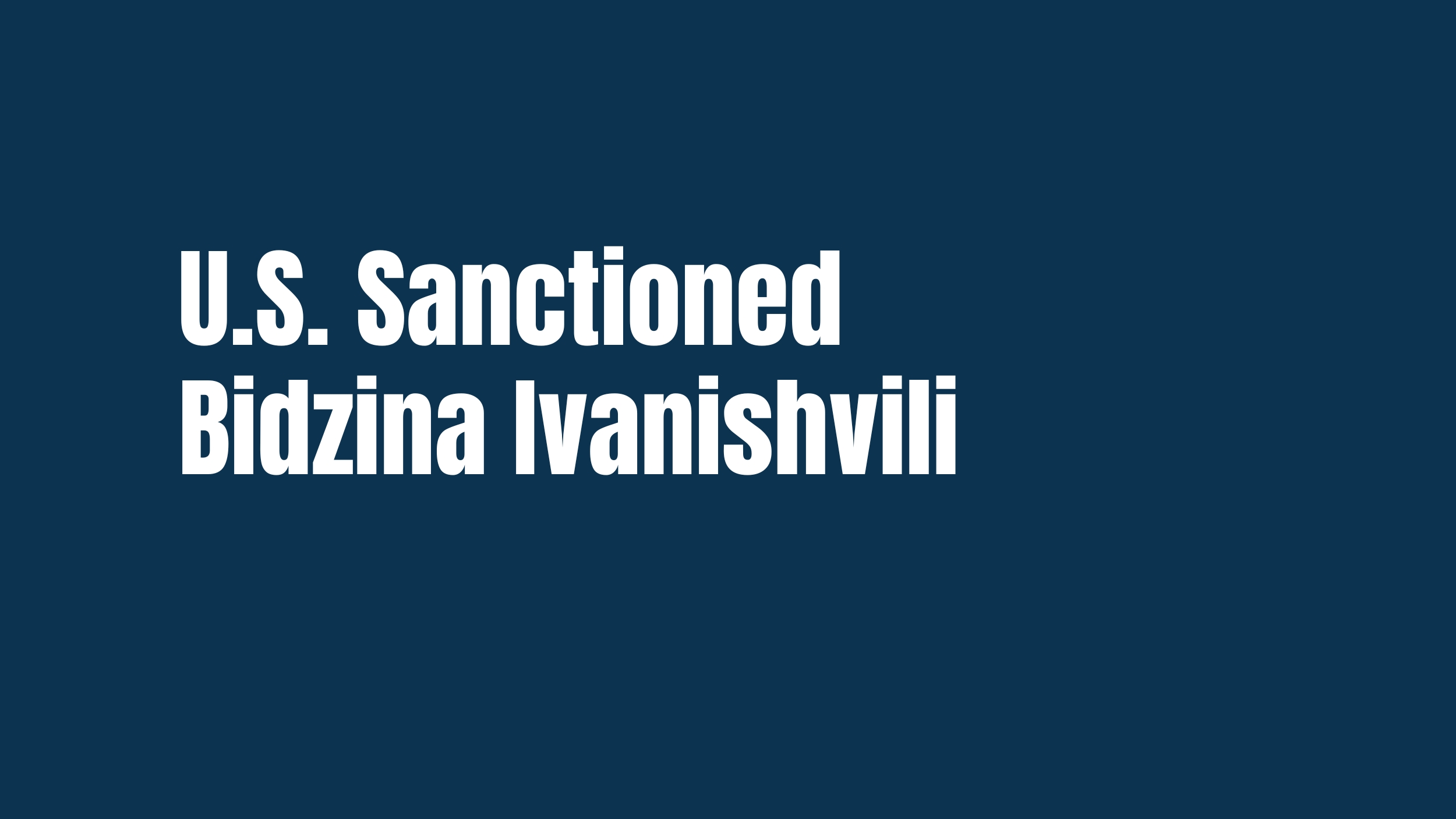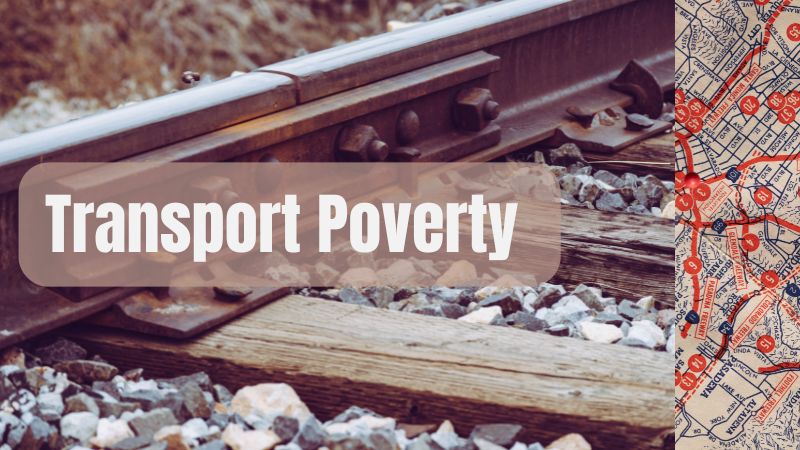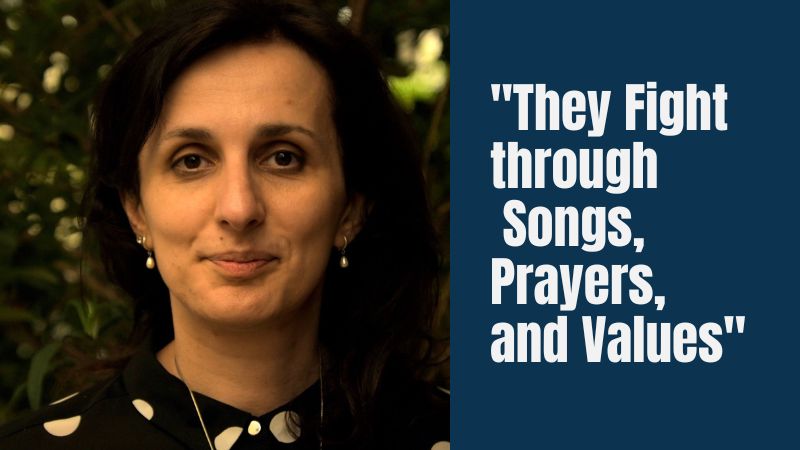Twelve days before the elections, the non-governmental organization Georgian Court Watch assessed the ruling party’s 12-year impact on the judiciary. The discussion, organized by the NGO, featured former judges and civil society representatives evaluating prolonged court proceedings, a closed High Council of Justice, non-transparent judge selection processes, clan governance, nepotism, and corruption.
What fate awaits the judicial system if reforms crucial for EU accession are not implemented? Nazi Janezashvili, Director of Court Watch, responded to Maisi News:
“No positive changes have occurred over these years. For instance, in 2012, the High Council of Justice was a closed circle, inaccessible to citizens and organizations for monitoring. Unfortunately, the situation remains unchanged today. The Council is still closed. Similarly, Georgian Dream has done nothing to address the problem of clan rule. Within the EU’s 9-step framework, judges’ integrity should have been verified, but it wasn’t. Prolonged cases are a major issue, with no progress made. I can state without exaggeration that nothing has genuinely improved.”
One prevalent concern among citizens is the years-long delay in court cases due to overburdened courts. Citizens report instances where plaintiffs have passed away by the time their cases are scheduled for hearing. Consequently, some resort to “informal methods” of dispute resolution, potentially reinforcing criminal groups in Georgia.
“When people spend 5-10 years in court, it’s futile to speak of access to justice. Vacancies are another issue – the Council fails to fill open positions. There are over 100 vacancies in the system today, but no personnel. Professional candidates from outside are not being appointed,” Janezashvili explains.
While more judge appointments by the High Council of Justice are necessary, Janezashvili also discusses potential steps that can be made by judges themselves:
“If a judge sees they have 500 cases assigned and cannot review them in time, they should inform the High Council of Justice, speak out publicly if internal resolutions fail, or address the issue at the Judges’ Conference. Just two days ago, a Judges’ Conference was held, and not a single judge mentioned this problem.”
Georgian Court Watch was founded three years ago by Nazi Janezashvili, a former non-judge member of the High Council of Justice. The NGO monitors the activities of the High Council of Justice. Georgian Court Watch’s 33 observers in Tbilisi and the regions have monitored 39 electoral dispute proceedings to date.
As a reminder, the European Commission’s recommendation of November 8, 2023, stipulates that Georgia must take steps in 9 directions for EU membership, with the 6th point addressing judicial system improvement: complete and implement comprehensive and effective judicial reform, including a comprehensive reform of the High Council of Justice and the Prosecutor’s Office, fully implementing the recommendations of the Venice Commission through a transparent and inclusive process. According to the 2024 Georgia Barometer, 18% of the population “do not trust at all,” while 7% “fully trust” the judicial system.
“An independent judiciary is vital for citizens, so they don’t question whether a judge sides with the prosecutor or them, or if corruption is involved. These questions arise when one’s fate is being decided. Independence is the foundation of everything. Without it, it’s inconceivable to have trust in the justice system,” Janezashvili states in conversation with Maisi News.







